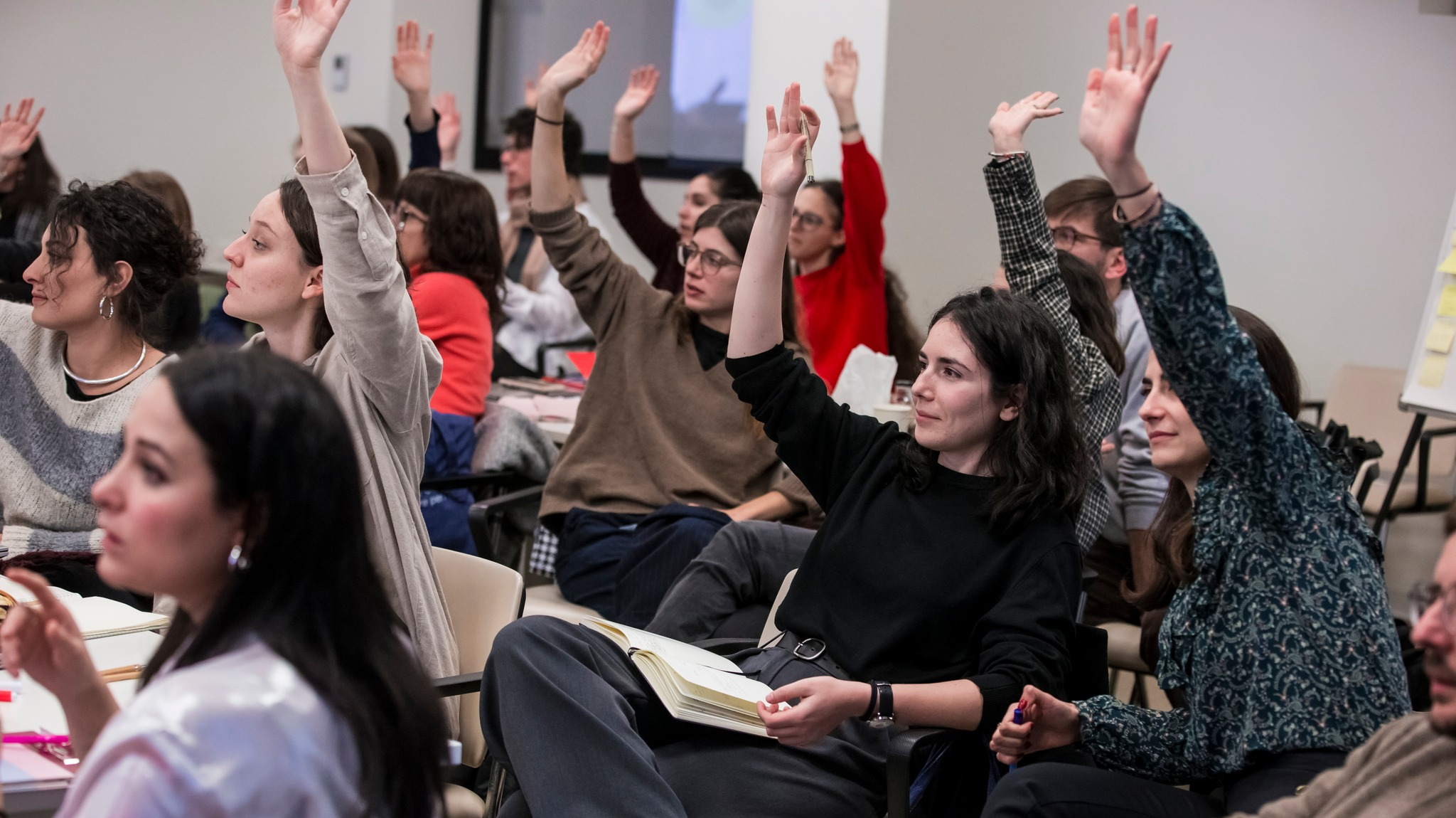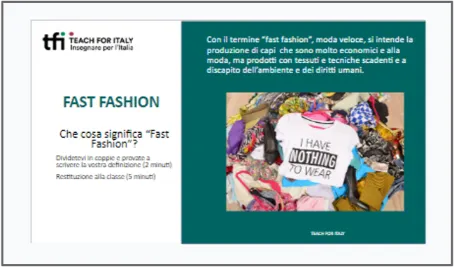Teacher: Maya Coianiz, Nicola Benvenuti

Maya Coianiz
After obtaining a master’s degree in Classics, Maya taught Italian at a university in the United Kingdom for one year. Subsequently, she taught humanities for four years in high school in Italy, including one year in a state prison. The age range of her students is between 13 and 19 years old. The reason she became a teacher is that she believes it is the profession that allows one to have the greatest possible impact in shaping the society they envision, using education on climate change and peace as a starting point. In the past two years, she has been part of the NGO Teach For Italy as a Fellow, she recently became part of the Alumni team and is now working on the Climate Change Education program.

Nicola Benvenuti
Nicola is a teacher in the Italian public school system currently teaching in Turin. In the past two years he has been part of the NGO Teach For Italy as a Fellow and he recently became part of the Alumni team. He is leading the program ‘Climate Change Education’ for the Teach For All organization in Italy and is developing school materials designed for teachers to empower their students to have a direct impact on climate change. Nicola graduated from the University of Turin in 2020 with a bachelor’s degree in Linguistics and a thesis that investigated Alzheimer speaking disease using computational and statistical methods. In the past 4 years, he has been a volunteer working and living in social housing in Turin.
Usefull links related to the Solution
Overview
This project aims to empower students on climate change in the Italian school system targetting students aged 9 to 19 years old. The team has developed three different curricula – one for each school stage- each consisting of 15 hours of lessons and laboratory sessions and providing all the resources needed.
Theory of Change
Climate change and sustainability education have been included in Italy’s school curriculum as part of the larger National Climate Change Plan since 2019, but many schools have been too busy, distracted or have lacked the instruments and capacity to implement these reforms. This project aims to tackle these issues by providing teachers with the tools they need to implement high-quality climate change learning at the three school stages. By enabling schools to implement the National Climate Change Plan it is hoped that students will become more climate literate and more able to make informed decisions about sustainability issues they encounter.
Approach and Actions
The Teach For Italy (TFI) climate change team has designed the three curricula specifically to meet the needs of the learners at the three school levels (primary, middle and secondary school) and to meet the requirements of the civic education program for each level. Three main topics are covered in the curricula: sustainable nutrition, fast fashion and sustainable cities. Each curriculum is designed with a set of lesson plans, step-by-step instructions and a deck of slides are provided with each lesson plan. The choice of the topics takes into account the age and interests of students and aims to empower the students to have a direct impact on climate change, through small, personal contributions. A project-based learning approach is also used throughout the curricula to engage the students and enable them to take action on climate change issues.
The initial piloting phase of the project in Italian schools will start in November 2023 with at least 10 teachers. From that period the climate change team will start a peer-to-peer collaboration between the teachers in order to collect the results and to review the curricula. Student impact monitoring will also occur. Feedback from the initial pilot scheme will be fed back into the curricula with a second year of piloting planned on a larger scale the following year.
Impact
The solution is in its initial piloting phase so the impact of the solution is yet to be seen but it is hoped that the curricula will increase climate change literacy among students and will enable them to take ownership of affecting positive change in their daily lives. It is hoped that the support and feedback mechanisms which have been built into the project will ensure the curricula are adapted to meet the needs of the learners.





